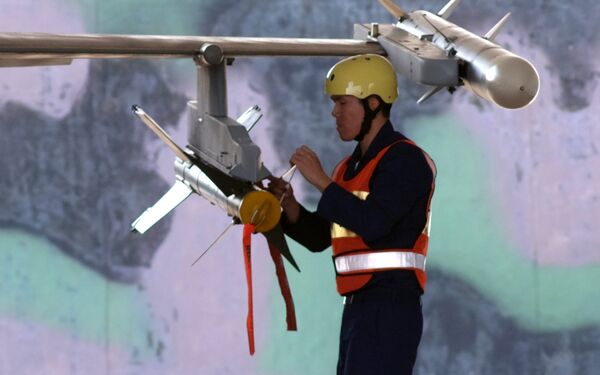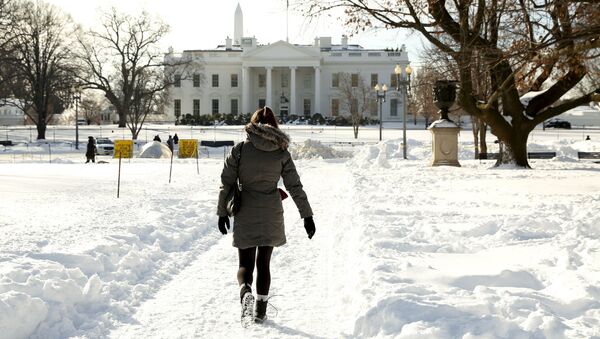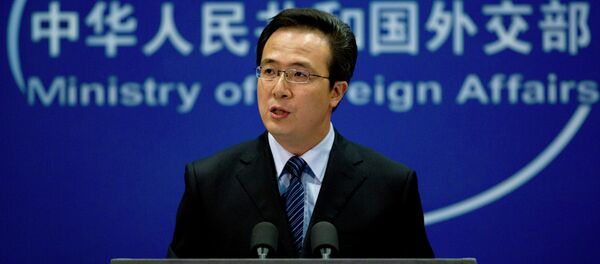The US should be ready for a new future, in which it will be forced to defend itself against sanctions instead of imposing them on others, Peter Harrell, a former deputy assistant secretary of state for counter-threat finance and sanctions wrote in his blog for the Reuters website.
“China’s recent threat to impose sanctions on US defense companies that sell arms to Taiwan should come as no surprise to American officials or corporate executives: Washington has been issuing sanctions of these sorts for years. It was only a matter of time before US competitors started copying its tactics,” he says.
In December, China threatened to issue sanctions against companies participating in the US government’s sale of navy frigates and other military equipment worth $1.83 billion to Taiwan. The warning came after Washington approved the sale despite China’s protests.

"China resolutely opposes the sale of weapons to Taiwan by the US," Vice Foreign Minister Zheng Zeguang said during a meeting in December with Kaye Lee, a top Washington diplomat in Beijing.
"In order to safeguard the nation's interests, the Chinese side has decided to take necessary measures, including the imposition of sanctions against companies participating in the arms sale to Taiwan."
Regardless of whether China follows through on its threat, Washington needs to be ready for them, Harrell warns.
Beijing’s threat mirrors Washington's own approach, he adds, particularly that towards Iran.
Now it is China who is trying to force US companies to choose between defense sales to Taiwan and access to a Chinese economy that is nearly 20 times larger.
Harrell also explains why it might come as a hard blow for the US:
“While US companies do not currently sell military equipment to China, many US defense contractors do sell civilian passenger aircraft, aviation parts and other civilian equipment in China and could find their ability to continue those sales cut off by Beijing,” he says.
He also warns that other countries, like Russia, have also begun to assess areas where they have economic leverage they can use against Washington and its allies.






